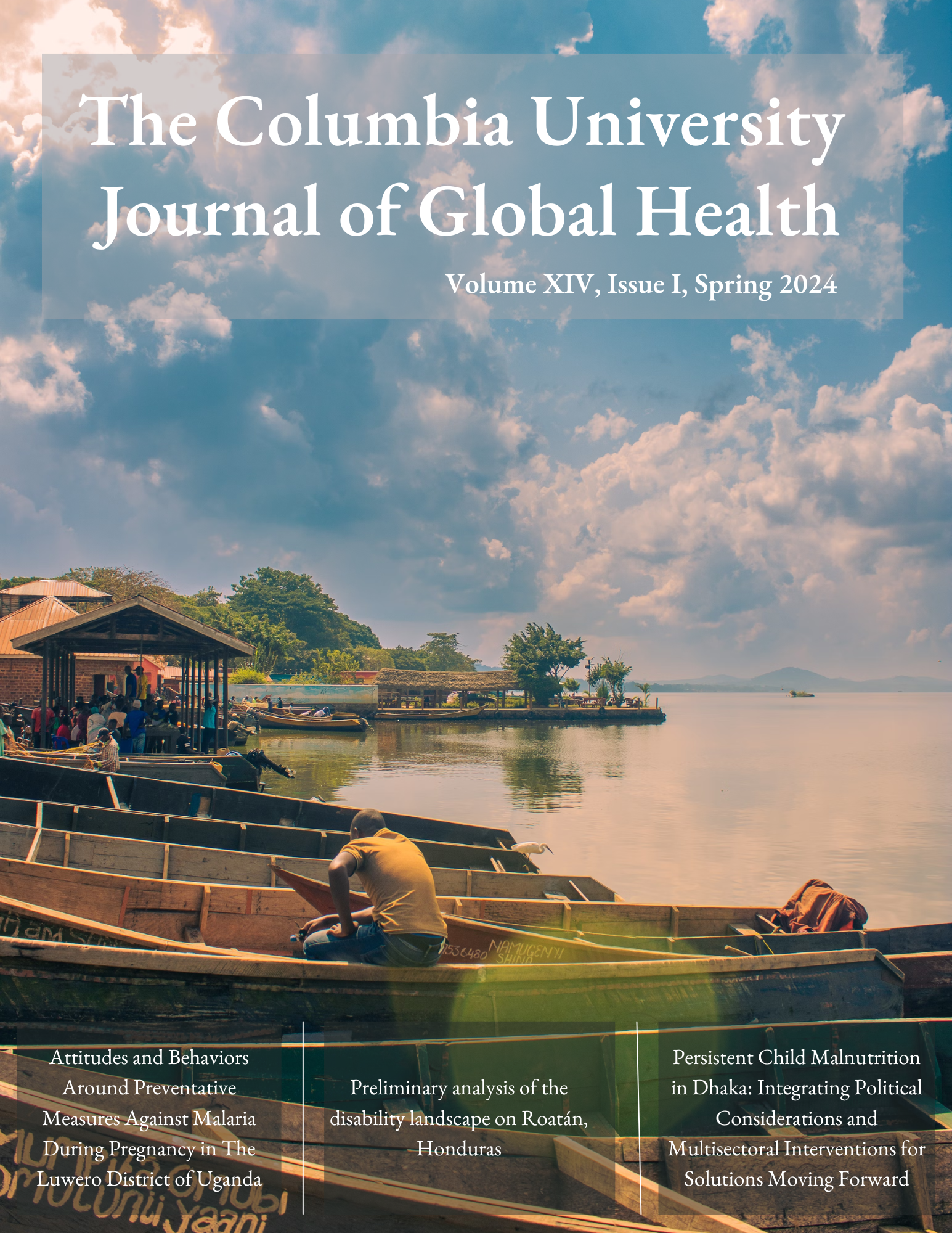One Health: The Future of Ecosystem Health and Where to Start
Main Article Content
Abstract
Highly relevant to our current and future global state is the need for ecosystem conservation. Rewilding, the process of introducing wildlife to degraded areas, is one such method of conservation. Rewilding is primarily applied from an ecological point of view and largely fails to consider the public health and systemic implications of habitat restoration. As such, a new conservation paradigm is warranted. One Health is a global health approach that considers the complex interplay between humans, animals, and their shared environment. While One Health examines the social, political, and economic context of degraded areas to prioritize systemic advancement and disease prevention in conjunction with conservation, the large scope and transdisciplinary nature of One Health make it challenging to implement. Rewilding efforts conducted by the Conservation Landscape Institute (CLI) in South Africa’s Eastern Cape is an ideal candidate for a One Health approach. With stable funding, infrastructure, and institutional support, CLI is prime for a transition to a One Health framework that can serve as a model for One Health implementation worldwide. As concerns about systemic inequality, disease prevalence, and ecosystem degradation increase, it is necessary to take advantage of the opportunity provided at CLI to establish the new global health paradigm that is One Health.
Article Details

This work is licensed under a Creative Commons Attribution 4.0 International License.

